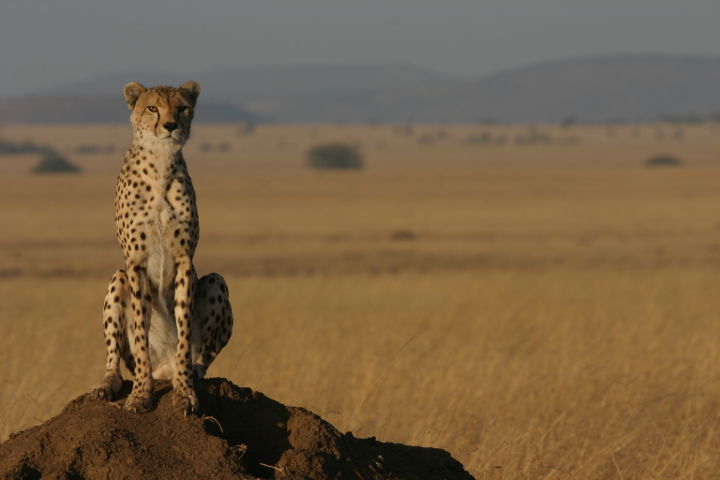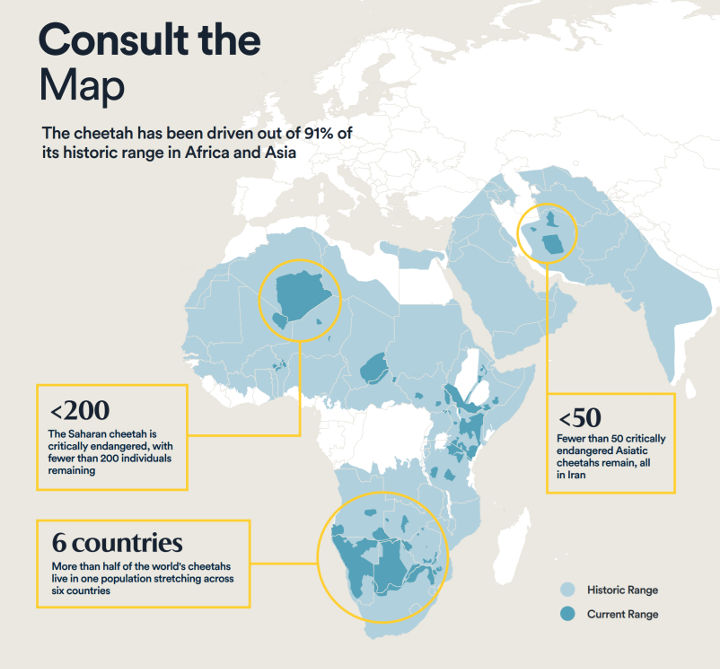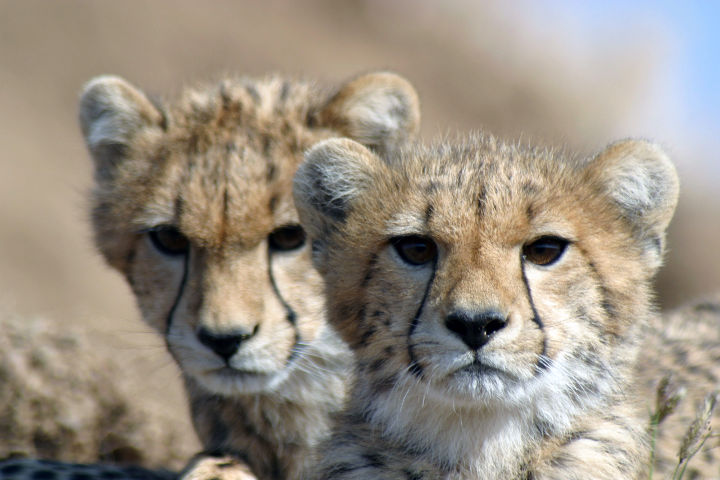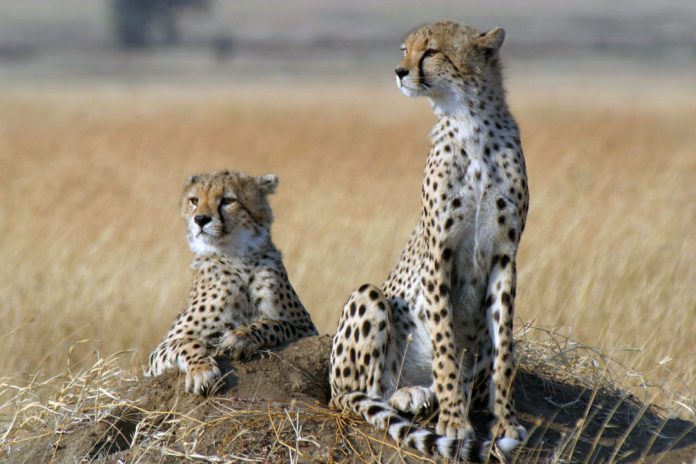The world’s most famous sprint runner is disappearing quickly. A new study says there are only 7,100 cheetahs left in the wild. It’s a drastic change from a century ago when more than 100,000 wandered across Africa’s arid Savannah.
The updated count is so alarmingly low, researchers want the animal’s status upgraded from “vulnerable” to “endangered” on the International Union for the Conservation of Nature (IUCN) Red List. These majestic cats have hovered in the vulnerable category for the last 30 years. The push to relabel them means they’re much closer to extinction than we thought previously.
Not that it’s a competition or anything, but to give some perspective on how the cheetahs are doing, African elephants are also listed as vulnerable and currently number 400,000.

You can point to a long list of factors to see why the cheetah is doing so poorly. Loss of habitat, over hunting of prey, conflict with people, and the illegal trade of cubs as pets all play into it. Even worse, these carnivores require a large range of land to do all their hunting and they frequently walk outside current protected areas.
For this reason, researchers want a “paradigm shift” in their approach to conservation. Rather than isolate their focus on individual protected zones, they need to cover the whole terrain of a cheetah’s habitat across multiple countries and in areas where the animals may come in conflict with people.
“We must think bigger, conserving across the mosaic of protected and unprotected landscapes that these far-ranging cats inhabit, if we are to avert the otherwise certain loss of the cheetah forever,” said Dr. Kim Young-Overton, Panthera’s Cheetah Program Director.

Finally doing something about cheetah trafficking, Gulf states recently partnered with African countries to regulate and disincentive trade. Cheetah cubs are prized as exotic status symbols and are commonly sold to wealthy buyers concentrated in the Middle East. You can catch their scared and distressed faces looking out from car passenger windows or in hostage photos plastered across social media. In the past decade, the Cheetah Conservation Fund estimates 1,200 cubs have been trafficked out of Africa and about 85% of them die during the journey.

Hardly suffering alone, cheetahs are joined by various other species also shrinking in number. A report this year by the World Wildlife Federation painted a particularly grim picture, stating wildlife populations dropped by 58 percent between 1970 and 2012 with freshwater wildlife in rivers, lakes, and wetlands being the hardest hit. It looks like animal species across the globe are running together in a collective race for survival.











